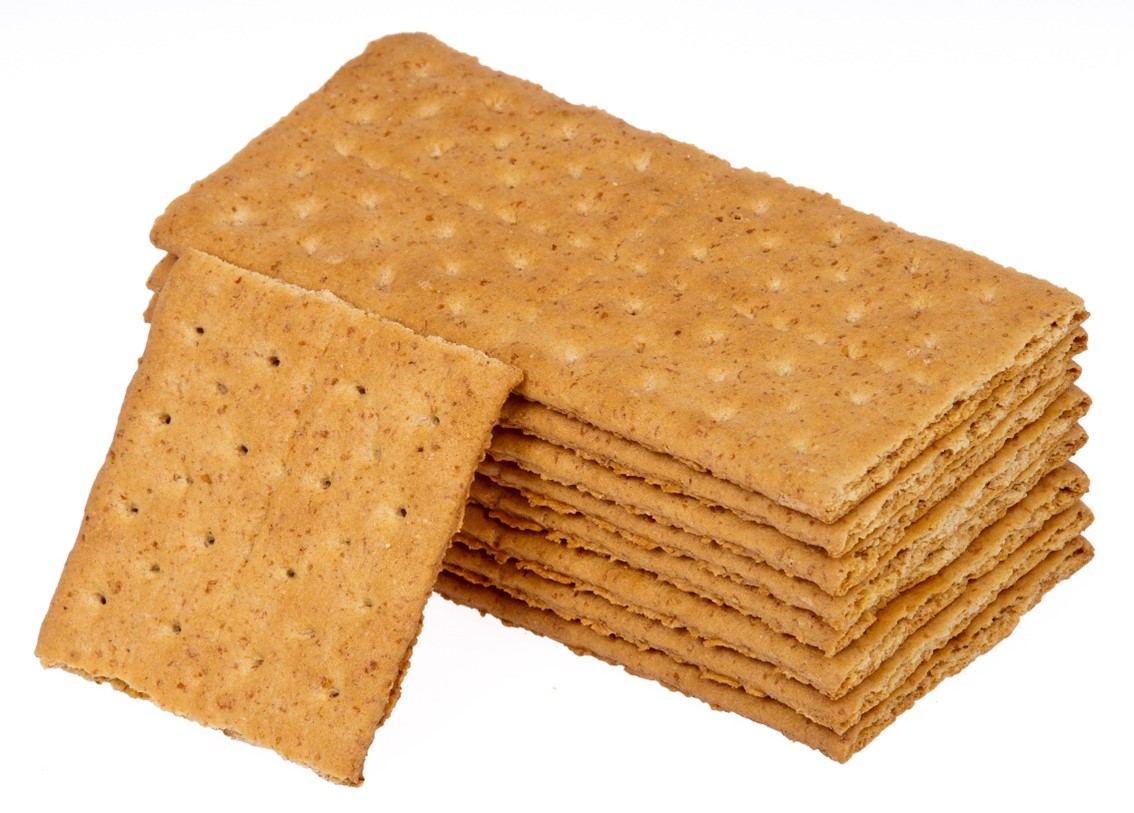A nurse is teaching a parent about appropriate snack choices for her 9-month-old infant. Which of the following food choices should the nurse recommend?
Raw carrots
Unsalted popcorn
Skim milk
Graham crackers
The Correct Answer is D
Choice A reason: Raw carrots are not a good choice for a 9-month-old infant because they are also a choking hazard. Raw carrots are hard and crunchy, which can be difficult for the infant to chew and swallow. Raw carrots should be cooked until soft and cut into small pieces before offering to the infant.
Choice B reason: Unsalted popcorn is not a good choice for a 9-month-old infant because it poses a choking hazard. Popcorn is hard, dry, and irregularly shaped, which can easily get stuck in the infant's throat or airway. Popcorn should be avoided until the child is at least 4 years old.
Choice C reason: Skim milk is not a good choice for a 9-month-old infant because it does not provide enough fat and calories for their growth and development. Infants should drink breast milk or formula until they are at least 12 months old.
Choice D reason: Graham crackers are a good choice for a 9-month-old infant because they are soft, easy to chew, and provide carbohydrates and iron for their energy and growth. Graham crackers can be broken into small pieces and given to the infant as finger food.

Nursing Test Bank
Naxlex Comprehensive Predictor Exams
Related Questions
Correct Answer is A
Explanation
Choice A reason: Tuna fish is a good food choice for an older adult client who has difficulty chewing due to missing teeth because it is soft, moist, and easy to swallow. Tuna fish also provides protein, omega-3 fatty acids, and vitamin D for the client.
Choice B reason: Roast beef is not a good food choice for an older adult client who has difficulty chewing due to missing teeth because it is tough, dry, and hard to chew. Roast beef can cause pain, fatigue, or choking for the client who has missing teeth. Roast beef should be avoided or cut into very small pieces and moistened with gravy or sauce before consuming.
Choice C reason: Apple slices are not a good food choice for an older adult client who has difficulty chewing due to missing teeth because they are crisp, firm, and sticky. Apple slices can cause irritation or injury to the gums or mouth or dislodge any remaining teeth. Apple slices should be avoided or cooked until soft and mashed before consuming.
Choice D reason: Dried fruit is not a good food choice for an older adult client who has difficulty chewing due to missing teeth because they are chewy, sticky, and sugary. Dried fruit can adhere to the gums or teeth and cause dental caries or gum disease. Dried fruit should be avoided or soaked in water until soft and cut into small pieces before consuming.
Correct Answer is ["58"]
Explanation
Step 1: Convert the weight from kilograms to pounds. 70 kg × 2.2 lbs/kg = 154 lbs Result at each step = 154 lbs
Step 2: Convert the height from meters to inches. 1.1 m × 39.37 inches/m = 43.307 inches Result at each step = 43.307 inches
Step 3: Convert the height from inches to feet. 43.307 inches ÷ 12 inches/foot = 3.609 feet Result at each step = 3.609 feet
Step 4: Calculate the BMI using the formula: BMI = weight (lbs) ÷ (height (inches))^2 × 703 BMI = 154 lbs ÷ (43.307 inches)^2 × 703 Result at each step = 154 lbs ÷ 1874.48 × 703 Result at each step = 0.0821 × 703 Result at each step = 57.7
Step 5: Round the BMI to the nearest whole number. Result at each step = 58
The client’s Body Mass Index (BMI) is 58.
Whether you are a student looking to ace your exams or a practicing nurse seeking to enhance your expertise , our nursing education contents will empower you with the confidence and competence to make a difference in the lives of patients and become a respected leader in the healthcare field.
Visit Naxlex, invest in your future and unlock endless possibilities with our unparalleled nursing education contents today
Report Wrong Answer on the Current Question
Do you disagree with the answer? If yes, what is your expected answer? Explain.
Kindly be descriptive with the issue you are facing.
